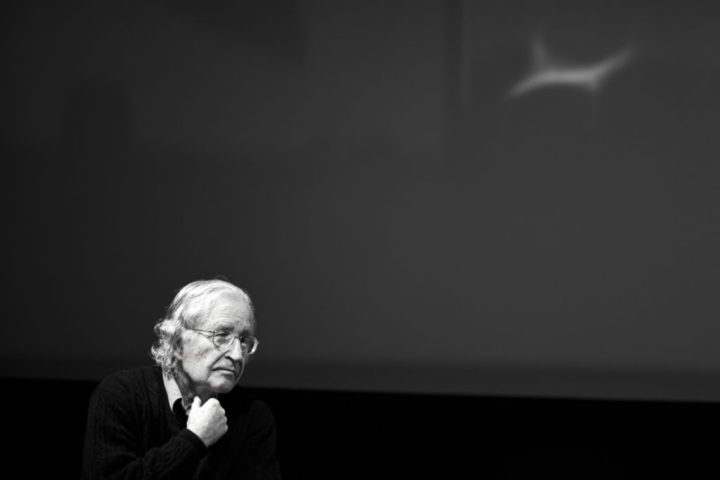Dachau and the concentration camps
On this day in 1933, shortly after Adolf Hitler became chancellor, German forces opened the first concentration camp in Germany (Dachau). It is believed that at least 32,000 people died from illness, malnutrition, execution, and physical oppression.
Initially, Dachau was established for opponents of the regime, but it was soon converted into an SS training center and a “model” concentration camp.
In 1937 it expanded and remained operational until 1945. According to testimonies, living conditions were brutal, and forced labor and medical experiments contributed to a death toll that historians have not been able to calculate accurately.
After the outbreak of World War II, the German authorities extended their network of concentration camps. These included: forced labor camps, intended to exploit the work of prisoners to benefit the SS, transit camps, to facilitate the deportation of Jews, and extermination camps, which had gas chambers, SS housing, and facilities to classify the belongings of those killed.
The opening of the first concentration camp meant not only an expansion of the inhuman and perverse side of man but also of the State. A State that registered its indelible mark on the body. First classifying the fields and lives of countless subjects, then exterminating them, and later trying to erase any trace of meaning from their lives.
The problem of meaning
The allusion to concentration camps transcends the merely historical matter. The camps and the atmosphere of war contributed to creating that notion of reality that is condensed in Sartre’s famous phrase: “hell is other people.”
An Other that is given to our consciousness through its body, its language, but which is another self that only exists – according to Sartre’s pessimistic vision – to steal my world.
Contrary to the previously mentioned views, in Merleau-Ponty’s work, we find a crucial insight into the real nature of extermination in concentration camps. It’s not just the loss of the body as mere physical matter thrown into an external reality that we observe but the diminishing of a vital element in understanding the world, others, and oneself. The body plays a fundamental role in deciphering the significance of our reality.
Following María Teresa Álvarez Mateos:
“In the experience of dialogue, the other is no longer a piece of my field of action, nor am I for him: we are collaborators for each other in a reciprocal relationship, in which our perspectives on the world converge, and we live in a shared world.” (p. 429)
The experience of the camp closes our perception but also closes our access to the sense of a shared world. Hence, the most considerable violence, the trauma, is not expressed vividly in the flesh but in the memory of the subjects who have gone through it.
This subtle idea was also cultivated by Viktor Frankl, who was born coincidentally in March but from 1905. Frankl, marked by the experience of concentration camps and Nazi Germany, was the creator of the therapy known as logotherapy. This is a form of psychotherapy that states that it is through a search for meaning and purpose in life that people can endure difficulties and suffering.
There is in all this, however, something even more perverse. And it seems that the experience developed by the Nazis was only a preamble of many issues that would come later.
Not only have the experiences of concentration camps, displaced persons, and attacks on the Other by religious creeds, nationality, or skin color been repeated, but today, the situation is in some ways worse. This is because today, we defend a model of reality that basically reproduces the life of the camps.
US troops liberated Dachau on April 29, 1945; it is our turn to give us a different human experience, to respect the other, and to rebuild democracies in crisis so that the body never disappears again.
References
Álvarez Mateos, María Teresa. La fenomenología del cuerpo en Merleau-Ponty como superación del dualismo sartreano entre el ser en sí y el ser para sí. Análisis, 48 (89). Bogota. From https://dialnet.unirioja.es/descarga/articulo/5792710.pdf


